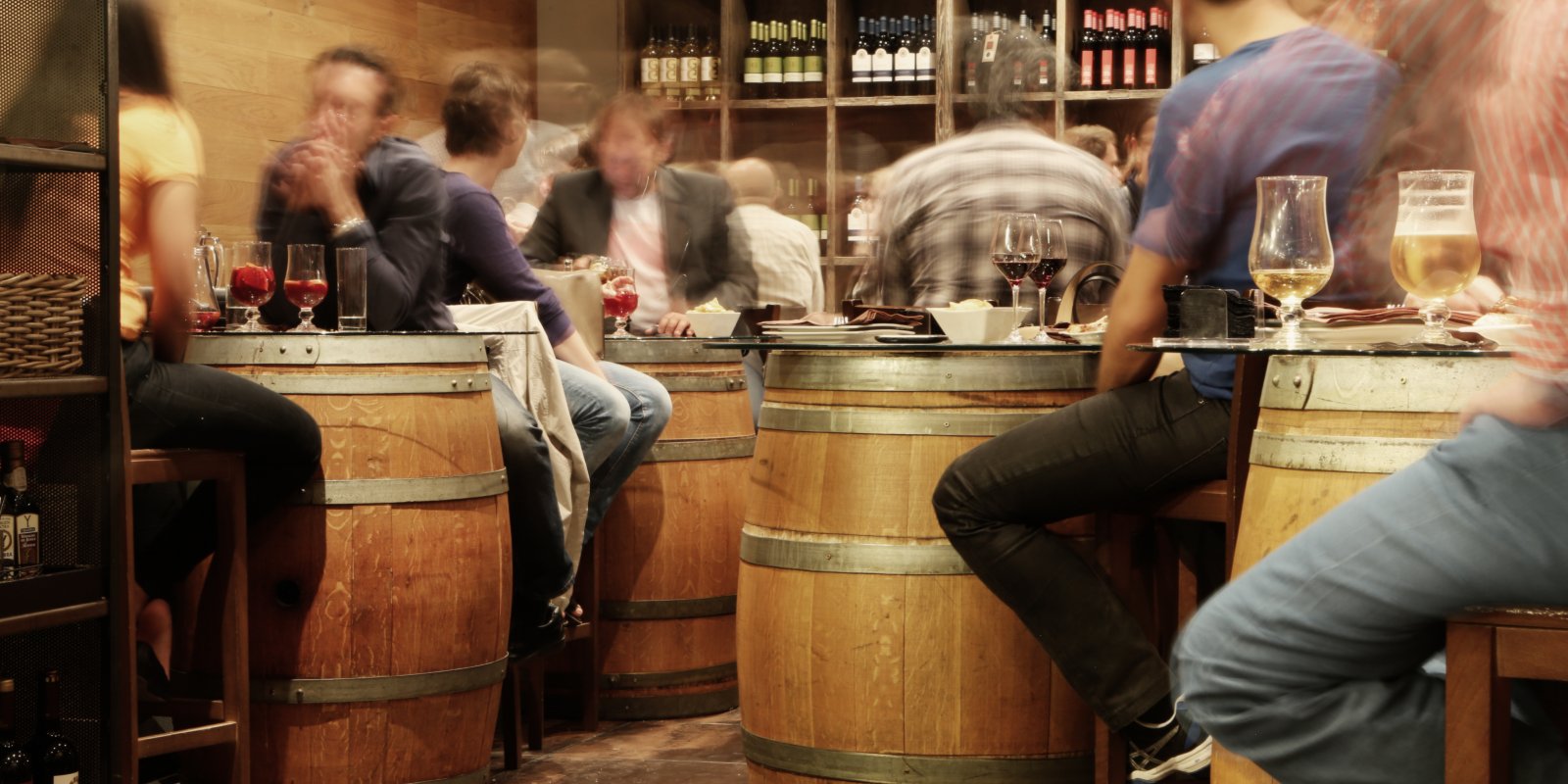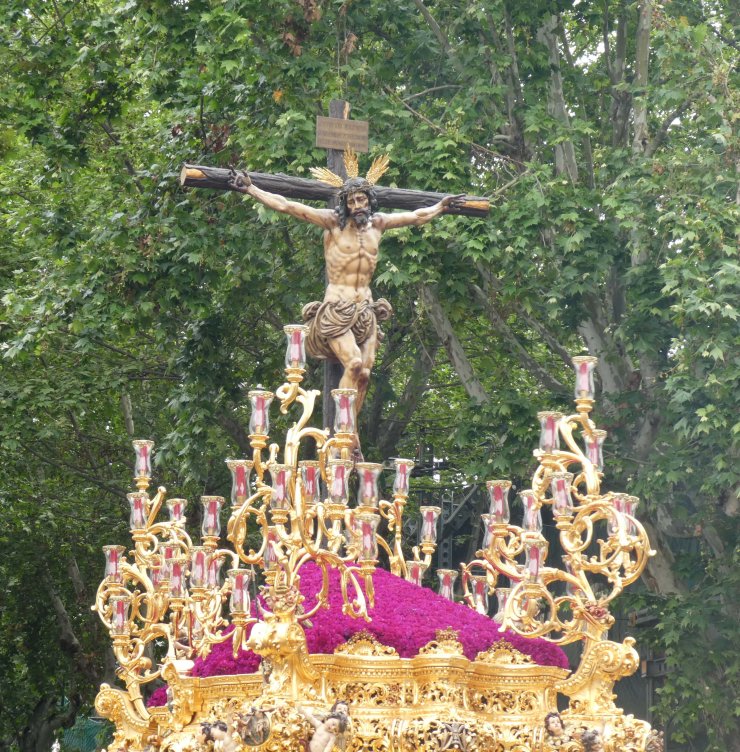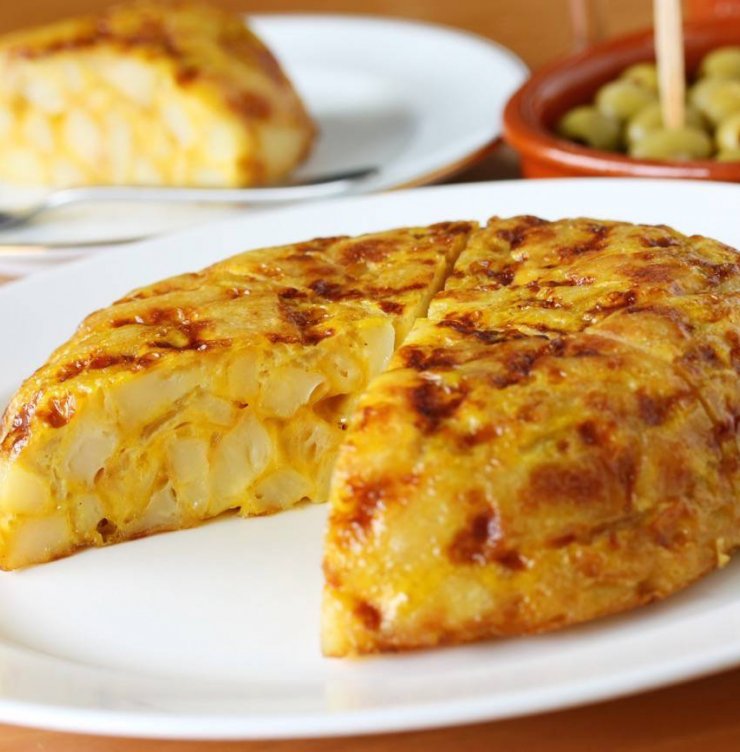What does 'authentic' mean?
You have planned your itinerary through Spain, booked the flights, trains and hotels and now it's time to look for what to do in the different cities you're going to visit. Tourism industry is changing and we don't conform with just going to the main landmarks and must-sees, but we also want to experience the local culture to add extra value to our trip. With so many companies traditionally selling "all-inclusive" packages of fabricated touristy products, that it's not a simple task. We really want to experience our destination like a local, we want the authentic experience.
It only takes a simple search on Google to realize how easy it's to obtain what we're looking for by tipping the key words: try the authentic food, see authentic flamenco, and buy in authentic shops. There's nothing wrong with these advertisements, but I'm sure you guessed it already; if we found those places, it is very likely that other travellers also did find them as well. And given that now the travel trends is not just about ticking boxed out of a bucket list, every single company is advertising their product with the word authentic on it. And here comes the irony about the whole authentic experience; it turns out that it might not be as authentic as we first thought. Next to you there will be other tourist that, like you, found the authentic bar and they're eating exactly the authentic tapas that you're tasting.
But the question we have to ask ourselves is: What makes an experience authentic?
From my experience as a tour guide when I talk to my guests, they tell me that when they look for authenticity they're looking for places where there are not other tourist so that they feel as true locals. I personally think that, right now (2019) in Seville specifically, this is -partly- a mistake and it depends on the experience itself. For me, a place that is frequented by tourist is not necessarily less authentic. If a recepcionist in a hotel gets asked about her favourite places to eat and she sends there 10 people a day and you run into them, it does not mean that place is not frequented by locals and their cuisine is not representative of what we eat here.
For me, a touristy place is a tourist trap; a place that have visitors as their main and only target with the intention of selling a product that has been intentionally fabricated exclusively for tourists and is far from the local reality. This is made by twisting the original product to adapt it to suit tourists' taste or their idea of what that reality is and charging an unrealistic price for it (again, far from local reality). An example here is the multiple bars and restaurants advertising the famous Spanish combo: "Paella + Sangría". Spain sticks very much to regional cuisine and paella is not from Andalusia, so in Seville restaurants rarely serve it on regular basis. Also, Spanish people rarely drink sangría, but tourist get their glass of this drink because that's what you do when you come to Spain! The only way to escape these tourist traps is knowing in advance what is the local reality so you don't walk in the wrong places.
How you can know what the local reality is -and therefore, how can you live an authentic experience-? Well, ask a travel agent who you trust the most and be very specific about what you want. In case you want to do research yourself, that's what all this blog is about, but, -quoting Michel Ende-, that's another story and shall be told another time.






